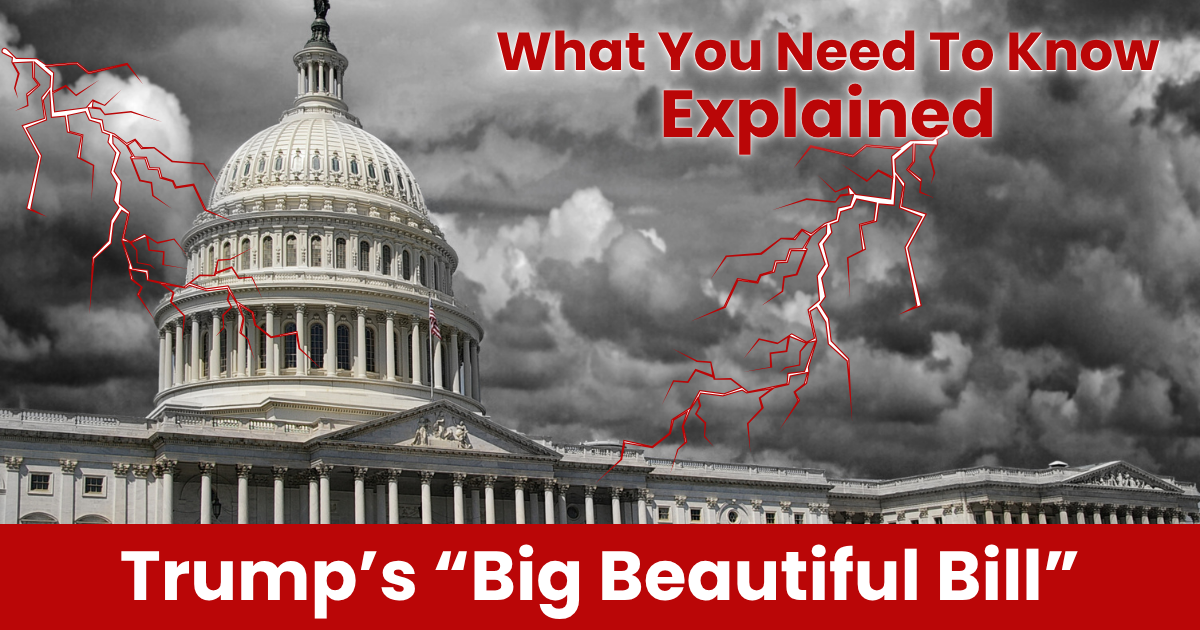"Owning Your Financial Future: Embracing Accountability"

"Owning Your Financial Future: Embracing Accountability"
Your most minor favorite thing to do when you’re in financial hot water is to fully accept responsibility for what’s happened over the last few months or years.
It’s not so much about self-blame as it is about staying keenly aware of your finances so you can take action to protect yourself .
Perhaps you were laid off from your job or experienced a drop in your business due to the lagging economy. You might have had little warning of what would happen to you financially. However – think of this: if you had been economically prepared for something like this, could your preparations have assuaged the negative impact of the crisis?
Recognize that you can take responsibility now to learn to live below your means, save for your future, and be diligent about spending money. In the meantime, it’s wise to fully understand your role in getting to where you are today.
1. What happened; how did you get here? No, this step is not about kicking yourself. It is, however, about learning from your past experiences. How did you arrive at this place financially ? Write down your answers to this question. Be very specific, thorough, and brutally honest with yourself.
- You may have opened every credit card account offered to you. You might have bought whatever you liked. Or you were trying to keep up with the Jones. Did you want to impress friends?
- Developing financial habits like eating out several times a week, buying extravagant gifts, wearing expensive clothes, and feeling like you have to have every new gadget will sooner or later cause your financial life to dive unless you’re doing all this while still spending less than you earn.
- Knowing the reasons for your financial condition is essential so you won’t repeat negative behaviors . You’ll know what to correct and look out for in the future.
2. Have you consistently paid your bills on time? Just to let you know, paying your bills 100% of the time on time is significant. Why?
- Most creditors charge fees for late payments, so when you pay those fees, you’re giving away money you could use elsewhere, not to mention that your financial reputation is harmed by not paying bills when they’re due.
3. How serious are you about changing? It’s time to ask yourself, “Why haven’t I done something to better my financial situation?” Once you face the answer to that question, you can consider how serious you are about changing your financial habits.
4. Think positively about overhauling your financial condition. You have the power right now to change your financial situation. Believe it because it’s true. If you commit to making the necessary changes, you’ll discover a better financial life – the one you deserve.
I want you to know that taking responsibility for your current situation will empower you to do something about it . It might hurt at first, but to correct an error, you must acknowledge it.
Reviewing how you got into this financial state, admitting late payments, being serious about changing, and thinking positively are all necessary in your quest to take responsibility for your financial condition. Then, sooner than you might imagine, you’ll realize that now you’re the driving force behind a bright, secure financial future.










